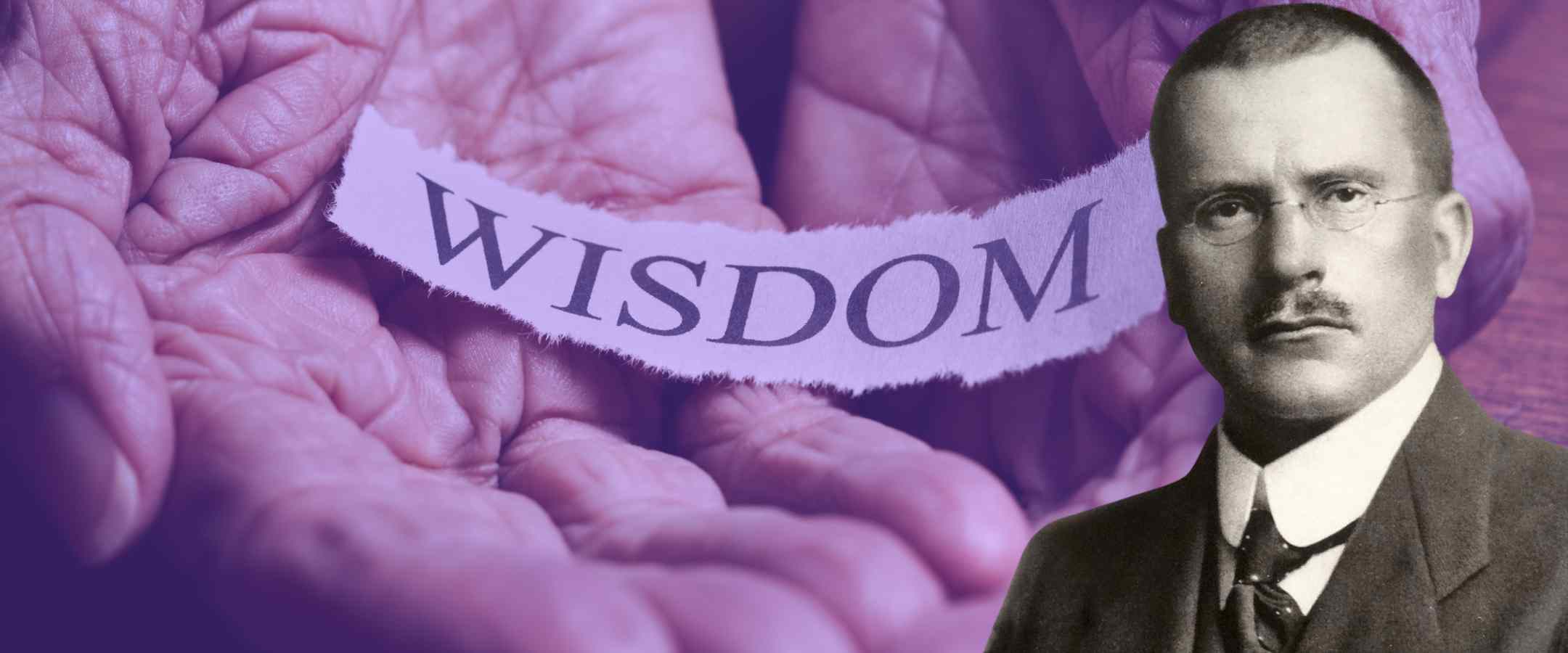Knowledge and expertise are highly valued in today’s world, but it’s easy to fall into the trap of believing that we know more than we actually do. The perils of unearned wisdom, as discussed in a previous article (read it here), highlight the dangers of relying on knowledge that is not based on actual experience. The explosion of the internet, the “google-knows-it-all” paradigm and more recently the ChatGPT revolution have made it easy for people to regurgitate readily available as well as biased and incomplete advice based on unearned wisdom. True wisdom is forged through experience, and learning without experience is forever incomplete.
In this follow-up article, we will explore practical tips for professionals and business owners to engage in lifelong learning and ensure that they align with their vision.
1. The importance of being a lifelong learner
Learning is a lifelong process, and it is crucial to keep pace with changes in your industry, market trends, and new technologies. Learning also enhances your problem-solving skills, helps you stay relevant, and expands your knowledge base. Continuously challenging yourself to learn new things can also improve your mental health, as it keeps your brain active and engaged. As the entrepreneur and author Jim Rohn once said, “Formal education will make you a living; self-education will make you a fortune.”
2. The dangers of unearned wisdom in practice
It’s essential to understand how the perils of unearned wisdom can manifest in practice. Here are three relatable examples of how unearned wisdom can negatively impact professionals in their personal and professional lives:
- The inexperienced manager: An inexperienced manager may rely on their book knowledge, or merely on sources such as ChatGPT, rather than actual experience, leading to poor decision-making and a lack of understanding of their team’s needs and challenges. For instance, a manager who has never dealt with conflict resolution may rely on their textbook knowledge, which may not necessarily apply to the unique situation at hand. This could result in ineffective problem-solving, lack of real skills and an unhappy team.
- The overconfident entrepreneur: An entrepreneur who believes they know everything may overlook important details or fail to see potential problems that could have been avoided with more experience. For example, an entrepreneur who starts a business without thoroughly researching their target audience may struggle to attract and retain customers. The entrepreneur’s overconfidence in their abilities may lead them to neglect market research, resulting in a business that does not resonate with the target audience.
- The self-taught expert: A self-taught expert may lack the context and nuances that come with formal education or training, leading to gaps in their knowledge that could have been filled with additional experience. For instance, a programmer who taught themselves to code without a formal education may struggle to understand and implement best practices, leading to subpar code quality and inefficient workflows. In contrast, a programmer with formal education and training will have a better understanding of industry standards and best practices, resulting in more efficient and effective code.
3. Practical tips for engaging in lifelong learning
- Set goals and make a plan: Define what you want to learn and why, and create a plan that includes specific steps to achieve your goals.
- Create a learning culture: Foster a culture of learning within your organization by encouraging employees to share their knowledge and experiences.
- Seek feedback: Asking for feedback helps you identify areas for improvement and adjust your learning goals accordingly.
- Attend conferences and networking events: These events offer opportunities to connect with others in your field, learn about the latest industry trends, and gain insights from experienced professionals.
- Stay up-to-date with technology: Technology is constantly changing, and keeping up with it can be challenging. Regularly attending training sessions, webinars, and workshops can help you stay ahead of the curve.
Engaging in lifelong learning is crucial for professionals and business owners to stay relevant, expand their knowledge base, and align with their vision. The perils of unearned wisdom highlight the importance of gaining practical experience and context and continually challenging ourselves to learn new things. By setting goals, creating a learning culture, seeking feedback, attending events, and staying up-to-date with technology, we can avoid the pitfalls of unearned wisdom and become more effective in our personal and professional lives.
In the words of Carl Jung, “Knowledge rests not upon truth alone but upon error also.” By acknowledging our limitations and seeking opportunities to learn from our mistakes and experiences, we can cultivate true wisdom and become lifelong learners.
As consultants with over 20 years of experience in professional services, we are committed to helping our clients avoid the pitfalls of unearned wisdom. Through practical guidance and tools, we aim to support individuals and organizations in unlocking their full potential, aligning with their vision, and achieving their goals. Whether you are looking to enhance your skills, advance in your career, or grow your business, we are here to support you on your lifelong learning and growth journey.
PS: The phrase “beware of unearned wisdom” is often attributed to Carl Jung and is sometimes associated with the use of psychedelics. Jung’s warning refers to the idea that profound insights or experiences that are gained without the requisite personal development can be destabilizing or otherwise harmful. While Jung didn’t explicitly link this phrase to psychedelics, many people in the field of psychology and psychedelic research have adopted it to caution against the use of substances like LSD, psilocybin, or DMT as shortcuts to self-awareness or spiritual enlightenment. The idea is that such substances might offer profound experiences or insights, but without the context or emotional and intellectual maturity to integrate them into one’s life, they could prove harmful or misleading.


